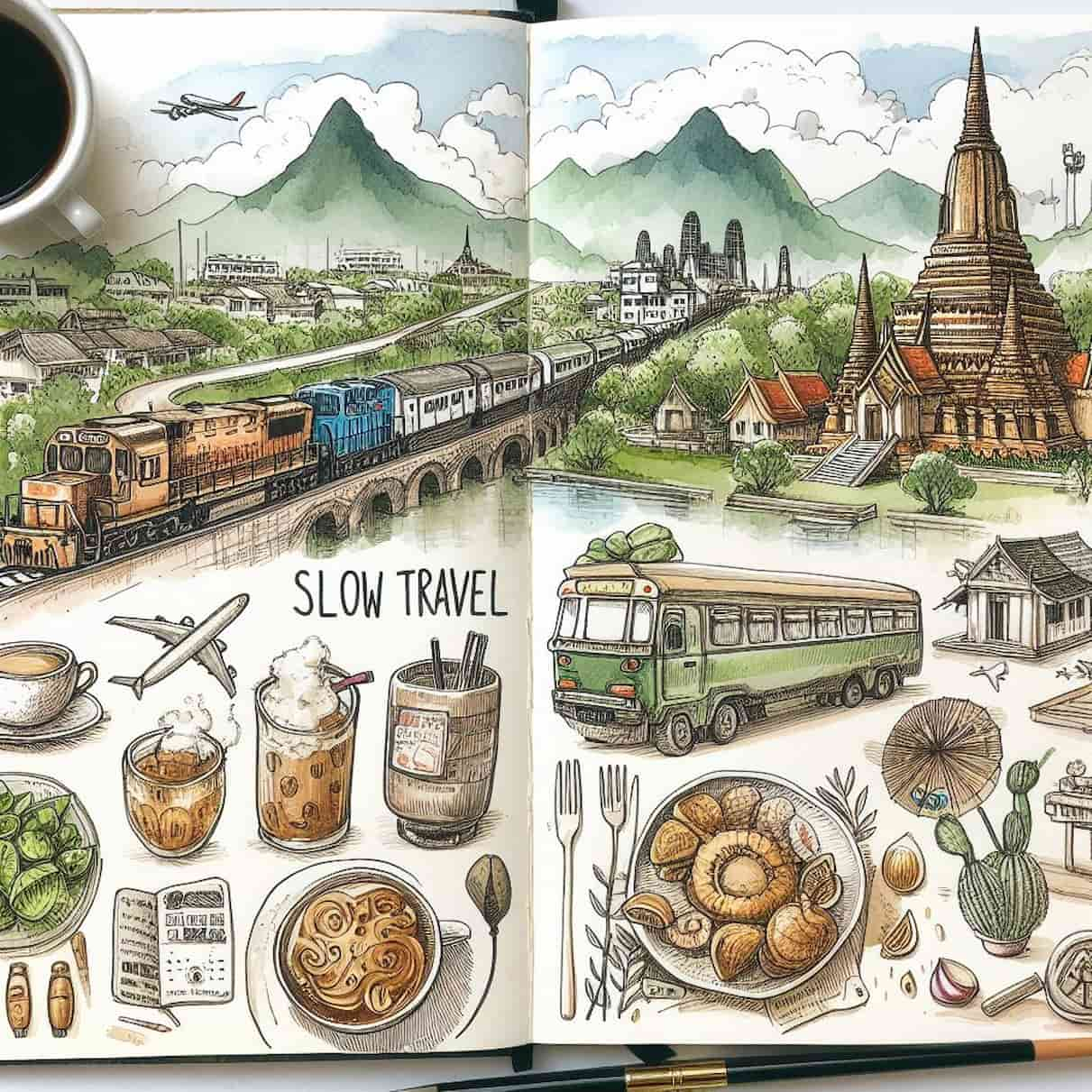Traveling, while exhilarating, can also be exhausting. Here are some strategies to combat travel fatigue and rejuvenate during your journey:
Take a Holiday from Your Holiday:
- Days Off: Incorporate days off from sightseeing and activities. Spend time doing nothing, enjoying sunshine, eating healthily, and staying hydrated.
- Slow Travel: Embrace slow travel to allow your body to recover fully. Stay in one place for an extended period, exploring at a leisurely pace.
Extend Your Stay:
- Longer Stints: Consider staying in each location for 1-3 months rather than constantly moving every few days. This extended stay approach allows for deeper immersion and reduces travel fatigue.
- Minimum Stay Threshold: Aim for a minimum stay of 4 weeks in each location to avoid the exhaustion of constant movement.
Prioritize Downtime:
- Recuperation Breaks: Allocate time for proper downtime, especially during extended travels. Use this time to rest, catch up on work, and engage in familiar routines like working out, cooking, or reading.
- Routine Integration: Integrate into local life by grocery shopping, cooking meals, and engaging in leisure activities like gym workouts or exploring the neighborhood.
Addressing Mental Health:
- Monitor Emotional Well-being: Be mindful of signs of travel-induced stress or depression. Seek professional help if needed, and prioritize self-care and relaxation.
- Recognize Relationship Dynamics: Understand the strain that constant togetherness can put on relationships. Allow for individual downtime and grace during moments of tension.
Combatting Physical Fatigue:
- Immune System Maintenance: Take precautions against health risks in new environments, such as avoiding contaminated food and water and seeking medical attention if necessary.
- Restorative Measures: Prioritize rest and relaxation to replenish physical and mental resources. Consider indulging in activities like reading, drawing, or watching shows during downtime.
Embracing Recuperation Breaks:
- Strategic Rest Stops: Plan for month-long breaks in affordable destinations to recuperate from travel fatigue. Use this time to rest, recharge, and reignite excitement for further adventures.
Conclusion:
Travel fatigue is a common challenge for long-term travelers, but with mindful planning and self-care, it’s entirely manageable. By prioritizing downtime, extending stays, and addressing both physical and mental well-being, you can ensure a more balanced and enjoyable travel experience. Remember, taking a holiday from your holiday is not just a luxury—it’s an essential part of sustaining long-term travel enjoyment and vitality.
















